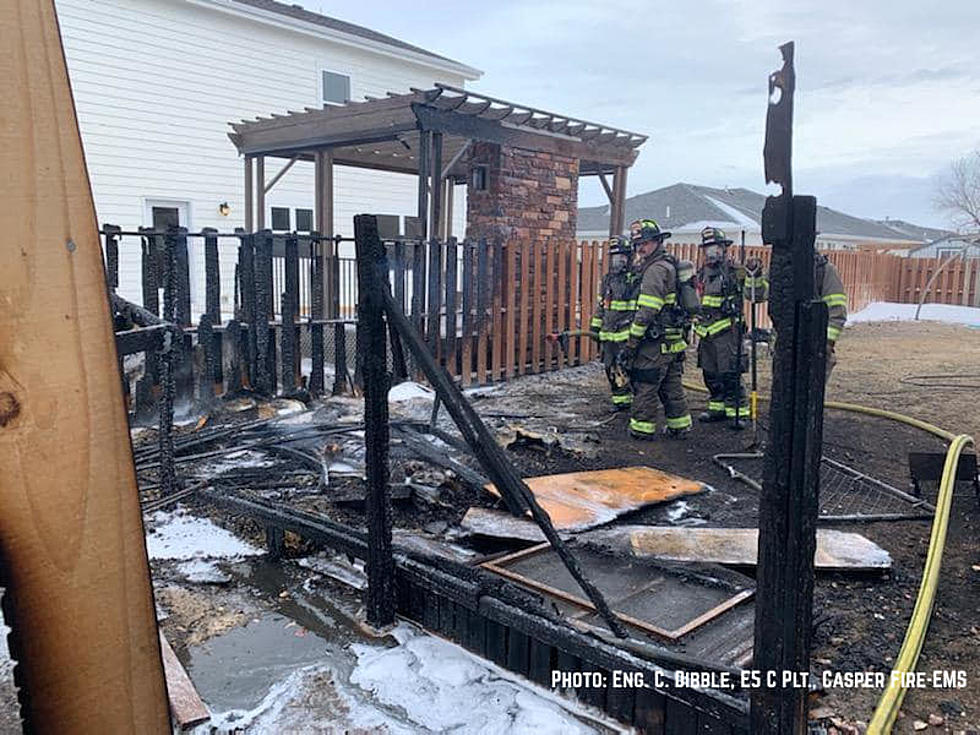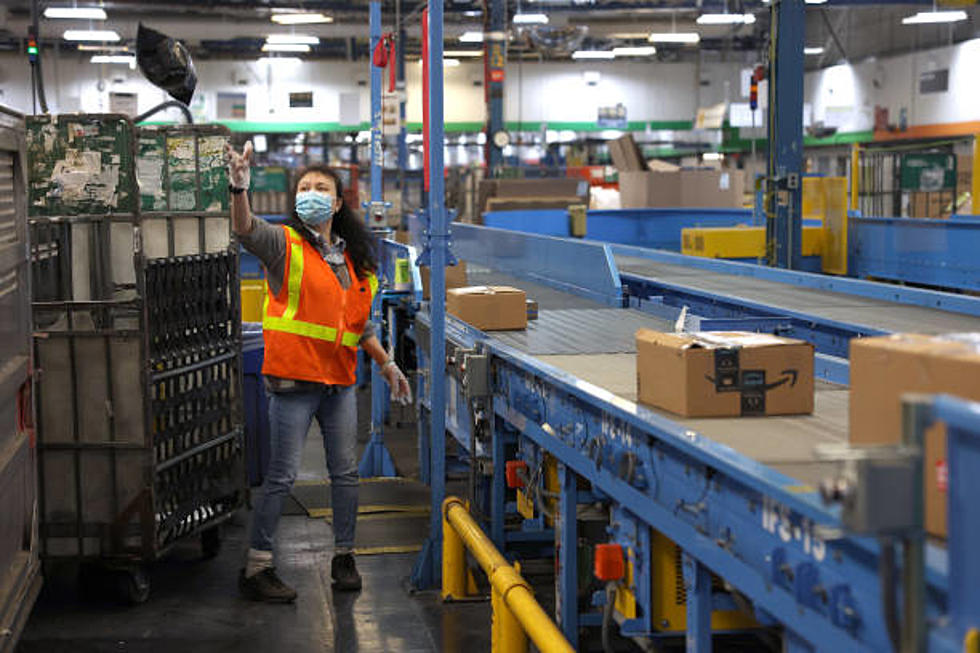
WYDOT Discusses Its Priorities for Hundreds of Millions in Federal Funding
On Thursday, the Wyoming Department of Transportation (WYDOT) provided an update on which projects the department is working on over the next six years through its State Transportation Improvement Program.

The presentation, given by district engineer Mark Ayen, included a slideshow discussing where WYDOT will be allocating its $2.2 billion from now until 2028.
Also in attendance was a representative from Mills, state Representative Art Washut, a construction engineer, and a resident engineer.
Due to the recently passed Infrastructure Investment and Jobs Act (IIJA), Wyoming is receiving about $345 million each year until 2026 for roads, along with $45 million a year for bridges, $5.3 million for electric vehicles, and $50 million for airports.
Both of Wyoming's Senators, Cynthia Lummis, and John Barrasso, along with Wyoming Representative Liz Cheney, voted against the IIJA bill.
Ayen said that while the money they got for roads is more than they usually get, it will only really help in covering the cost of inflation.
"At this point, the sad thing is the IIJA money kind of department-wide, is covering the cost of inflation for most of our current projects," Ayen said. "We'd kind of had hoped to be able to pull some stuff forward and do some projects, but everything went up 15 to 20% and all of a sudden. We're basically at the same program we're at, it's just cost a little more."
However, the money given for bridges will be very helpful in addressing some of the 44 bridges across the state that are in poor condition, one of which is in Natrona County.
Ayen said he believes the money given for bridges will allow the state to improve the quality of all poor bridges in Wyoming to at least fair, one step above poor.
Based on WYDOT's 2019 fiscal funding data, the department has $354.3 million in unfunded operating needs, that is maintenance projects that exceed its revenue, with the infrastructure bill being able to address $91.24 million of that need.
Most of that is under the category of construction on roads and bridges at $67.8 million, followed by aeronautics at $15 million, wildlife crossings at $4.4 million, and electric vehicle funding at $3.96 million.
The money WYDOT got from the federal government for electric vehicles has some strings attached, requiring electric vehicle charging stations to be a certain distance apart, have a certain number of charging ports at each station and be a certain distance from the highway.
Due to various factors in Wyoming, it's less feasible to do those things in the state, so WYDOT is submitting a revised plan, which is currently in the public comment period, and hopes the federal government will approve it.
Ayen said the charging stations will be private entities installing the stations, with 80% of the funding coming from WYDOT.
"The issue that our people working on this came up with, is that it takes around 20 charges a day to make a station viable," Ayen said. "And we're having a hard time as a state being able to say we'll be able to make these stations viable. And so part of the money where we're not building as many stations as we want, is we'd like to have somebody available to subsidize some of these stations for a few years in order to help them get over the hump...if they approve as is, then we have RFPs then we start asking like the town of Douglas, one place that we've designated that needs a station, they don't have one. The truck stop in Douglas can come and say we'd like to put in a station, here's our location. And if WYDOT approves it, or whoever the selection committee is, then we provide 80% of the funding, they have to come up with the other 20%. Which we've heard anywhere from $200,000 to $300,000 per station. So whatever business it is, is going to have to come up with a pretty significant investment."
More From K2 Radio









